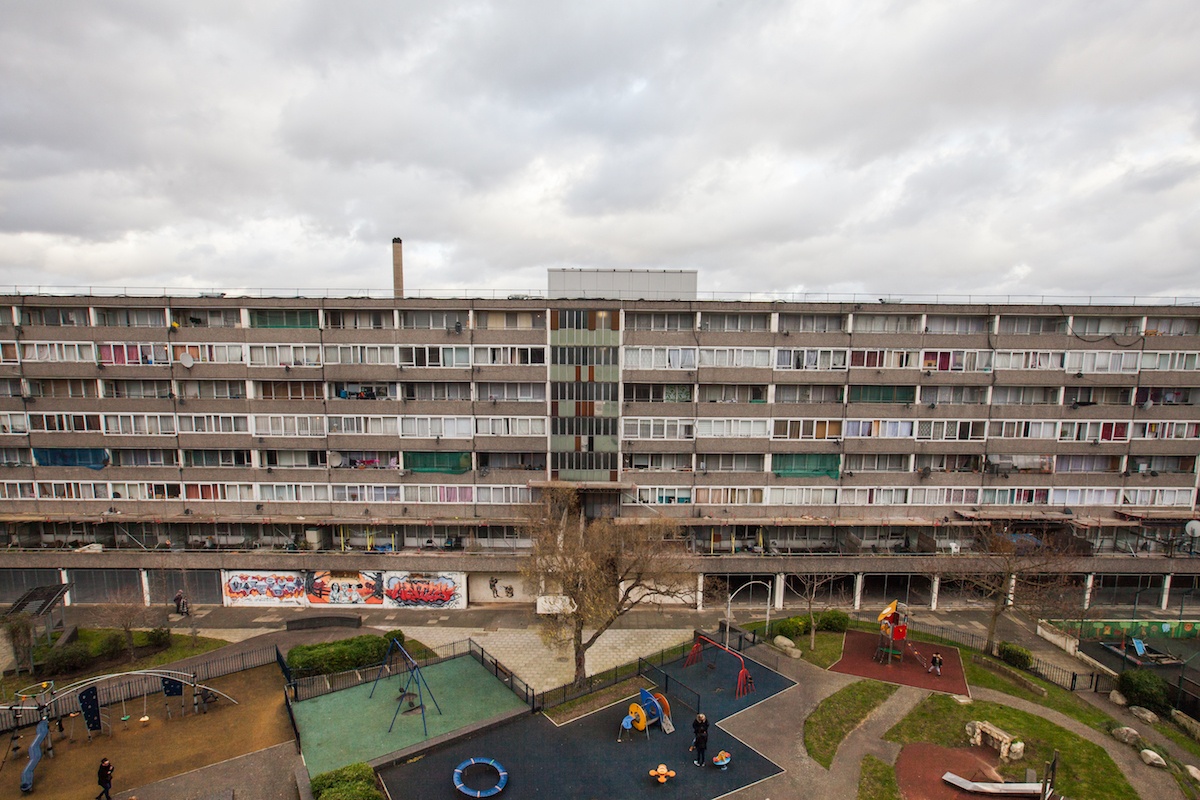Anyone who’s ever rented as a student knows how stressful it can be. According to the National Student Accommodation Survey nearly 90% of students have had some form of issue with housing. High prices are the obvious issue with the average rent costing roughly £125 per week. Yet more often than not what do you get for this price? Damp, condensation, infestations and a landlord who doesn’t care.
Many students feel as though they are taken advantage of by landlords who view them as clueless and naïve and do not expect students to question or challenge them. With this in mind it is easy for them to take advantage and throw in extra costs in the hope that the student will simply pay them. In my personal experience we were each charged £300 for a deposit and £100 worth of letting fees. After paying both of these and signing the contract we were then told we all owed £25 worth of guarantor administration fees which had never previously been mentioned, when I challenged this, they dropped the charge.
According to the National Student Accommodation Survey the average rental deposit currently stands at around £311 per student. This equates to roughly 3 weeks rent or a food shop at £20 a week for 15 weeks. Clearly, it’s not cheap. Usually these deposits are held in a government approved scheme for the length of the contract and then reimbursed after an inspection of the property at the end. However, the NUS Homes Fit for Study report found that ‘only 63 per cent of students received evidence that their deposit had been protected by their landlord or agent, despite it being a legal requirement under the Housing Act 2004’.
Only 61% of students receive their deposit back in full at the end of the tenancy. Of course, there are some cases where deductions are fair, yet only a fifth of those who have lost some or all of their deposit are actually in agreement with their landlord and the charges. In fact, 24% said they disagreed with the deductions however had not formally challenged them. This scenario is becoming increasingly popular as students feel they either don’t have the expertise to dispute the charges, don’t know they are able to or simply feel there is no point in doing so.
Landlords are also charging hundreds of pounds for cleaning the house, when in many cases has been left in a cleaner state than when the tenants moved in. For example, when we moved in, we were faced with mould in the freezer and a pile of pots and pans outside, after contacting the letting agency a number of time nothing has been done about these issues.
So how can you make sure you get all of your deposit back? First ask for proof that your money has been put in a government approved scheme. Secondly, make sure you take photos of the house as soon as you move in, this means you have evidence than any faults were already present when you arrived. Most universities also have a contract checking service which makes sure there’s nothing in there which will catch you out. Finally, ask for an inventory, this is a list of everything in the property when you move in and again makes sure you have proof of any existing damage for when you move out.
At the moment less than half of students feel that they know their rights as tenants and able to assert them, it’s time this changes. It is important that this number drastically increases so that students are able to have the best possible renting experience. If we change, landlords will have to follow.
Image Credit: Vice

